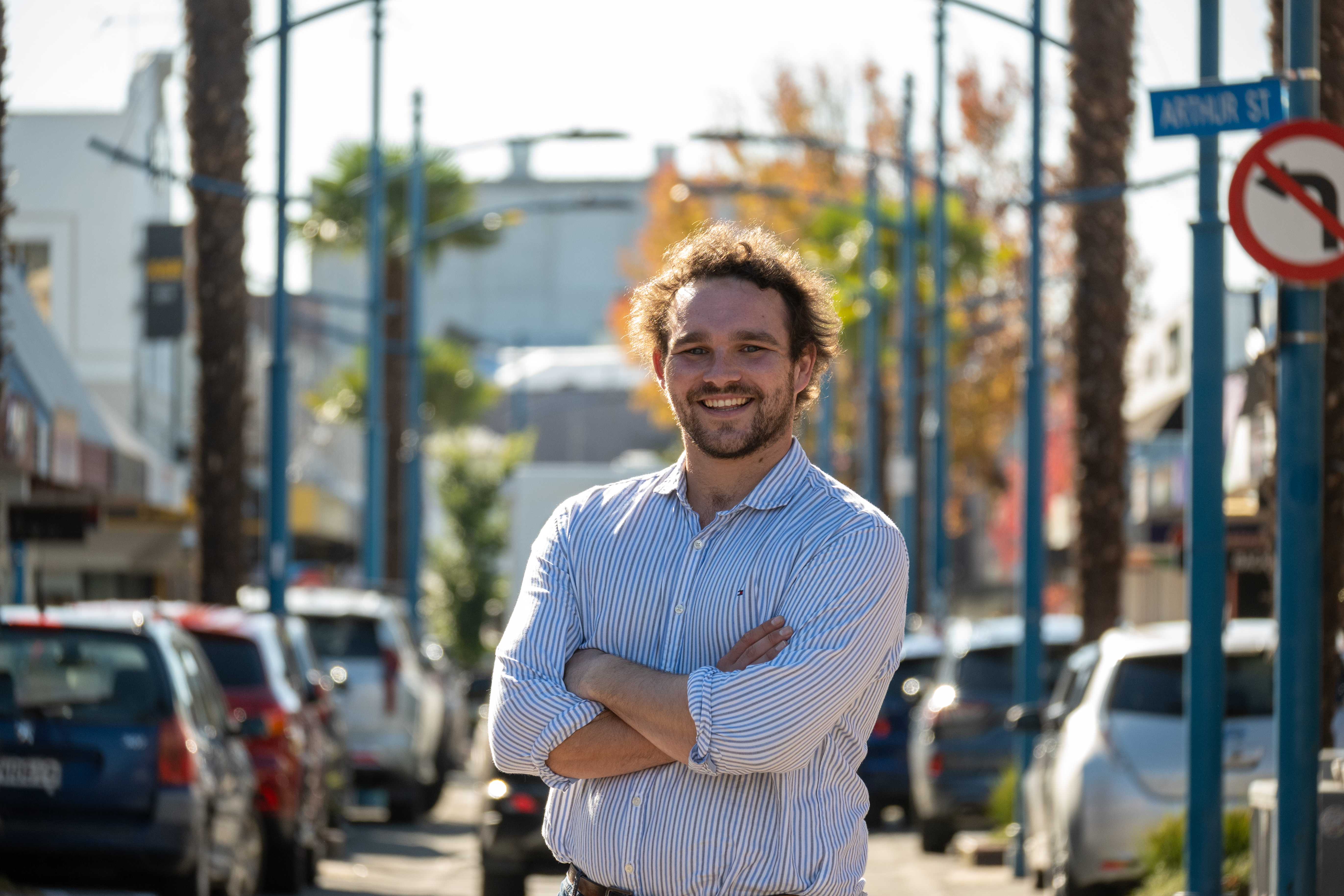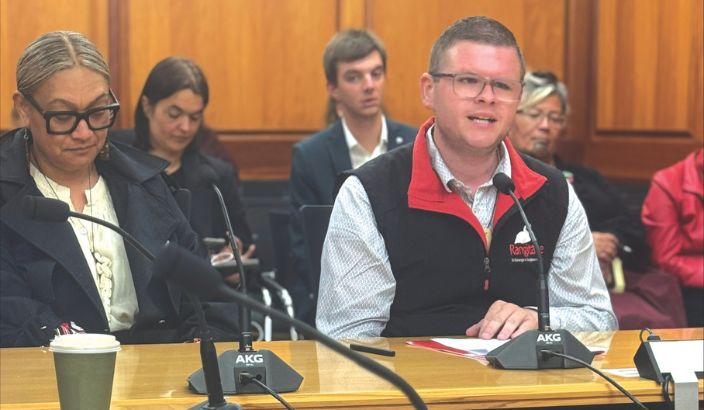Wastewater worries for Lagoons future


Rangitāne o Wairau’s Corey Hebberd says proposed changes to the Local Government (Water Supplies) Bill leaves locals without a say in local wastewater management. Photo: Supplied.
A Government bill outlining the future of water services has caused concerns about the future of Marlborough’s ability to manage its wastewater discharge.
The Local Government (Water Services) Bill, part of the Government’s Local Water Done Well reforms, stretches across the financing of infrastructure, consumer protection, economic regulation data and council-controlled organisations for water across the country.
Rangitāne o Wairau General Manager Corey Hebberd says the proposed changes to public notification and wastewater discharge standards led him to speak at the Finance and Expenditure Select Committee last week.
“Through this legislation and its water services regulator Taumata Arowai, the Government will set a national wastewater discharge standard to the receiving environment and if the consent is finishing, the water operator can apply to have their consent renewed for 35 years if it meets the standards.”
“If treatment plants meet the current standard, 35-year consents go straight through with no public notification requirement which I find odd for a government that talks about devolving things out to communities. “Council have been proactive and keen to work together on an outcome under the current system, we might not always agree but we can at least continue to have discussions.
“These tenders could lock communities into no wastewater improvements for 35 years and turn the minimum standards into a ceiling to reach.”
While Corey says proposed bill adaptions will cause national changes, the impact on local wastewater treatment can be seen easily locally, as Blenheim’s current wastewater treatment centre – which has its consent end in October 2025 - empties into the Wairau Lagoons.
His requests for the committee to consider were around Treaty of Waitangi and resource management rights, local decision-making methods and tender term flexibility.
“I think it needs to give effect to the principles of the Treaty, acknowledge it’s RMA effects, allow for comment from iwi, community and Councils, and consider flexible and conditional tender term lengths”, he says.
“The Wairau Lagoons are already being broken and continue to be under threat – there’s already signage up saying ‘don’t take the shellfish’ which is something that our people have done for 800 years - so we want to see some environmental balance restored and ultimately have the treatment plant relocated.”
“For us, it’s particularly important because of the proximity and cultural connection having had generations of whanau collect kaimoana in the area.
“We’ve been working with Council for five years now on improvements to the wastewater treatment plant here, and the discharge committed a significant amount of resource within that work.
“When talking in place, there’s nobody better to make decisions around discharge into waterways than local iwi and community members – the ones who live with it and eat from it.”
Local Government Minister Simon Watts was asked for comment, and responded “Parliament’s Finance and Expenditure Committee is currently considering submissions on the Local Government (Water Services) Bill and are due to report back to Parliament on 17 June.
“While they continue this work it is not appropriate for me to make substantive comment on the Bill’s provisions - I look forward to receiving the committee’s report in due course”.
